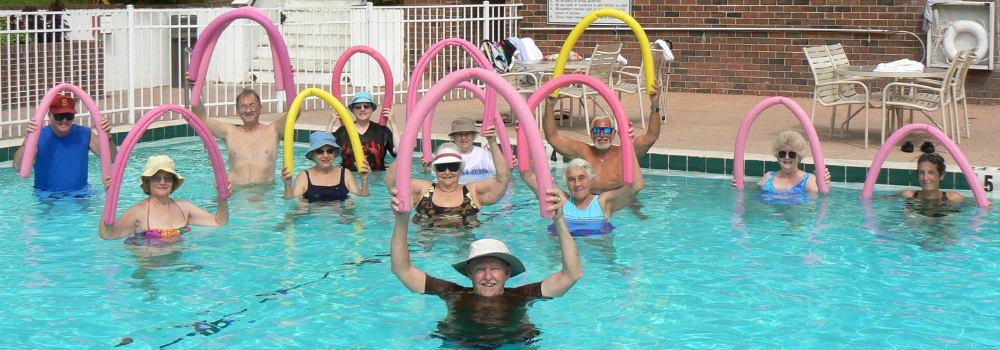Have You Heard These Five Common Aging Myths?

 Much has been said about the senior generation and the lives that they live. Unfortunately, not all of it is based in fact. Join us as we debunk five of the most common myths about aging!
Much has been said about the senior generation and the lives that they live. Unfortunately, not all of it is based in fact. Join us as we debunk five of the most common myths about aging!
#1 – Dementia Is Inevitable
This one has been scaring people for some time now, and with seniors living longer and longer lives, it’s become increasingly persistent.
Thankfully, it’s just not true!
Dementia is common enough to warrant concern from the medical community and from family members of seniors; however, it is far from inevitable.
If you’re concerned about dementia, you can be proactive by taking some simple steps that will help you avoid the disease and its symptoms. Staying mentally and physically well during middle age can help people avoid dementia. Additionally, continuing to challenge the brain in one’s later years has been shown to help people stave off Alzheimer’s disease and other debilitating conditions.
#2 – Loneliness Is an Inescapable Part of Senior Life
This may have been more true in the past than it is today, and loneliness has never been completely unavoidable for seniors.
The key is to recognize that isolation, which is common in one’s senior years, can lead directly to loneliness. Thankfully, our world is filled with options for seniors – and others – to stay connected with the rest of the population, whether it involves using digital technology for face-to-face chats or joining a local community center. There’s always a way to escape isolation!
#3 – There’s no Point in Exercising After a Certain Age
 This powerful myth has prevented a large number of people from staying active and extending their lives. The truth is that it’s never too late to start exercising, even if exercise has never been an important part of one’s life.
This powerful myth has prevented a large number of people from staying active and extending their lives. The truth is that it’s never too late to start exercising, even if exercise has never been an important part of one’s life.
Exercise is a great way for seniors to stay in shape, connect with others and feel youthful, regardless of age.
Remember, though, that any physical-fitness routine should be planned and implemented with common sense and safety in mind. Seniors should start small by taking short walks and performing simple body-weight exercises. Doctors and trainers can help seniors devise workout plans that maximize benefits while minimizing the risk of injury.
#4 – Poverty Is Inevitable
As seniors live longer than ever before, some are finding that they simply didn’t save enough during their working years to sustain their lives during old age. The cost of living keeps getting more and more expensive, as well. However, that doesn’t mean that poverty is a fact of life for seniors.
The fact is that less than 10% of those aged 65 or older fall below the poverty line in the United States. That number, while higher than it ought to be, only represents a fraction of the total senior population.
Seniors are typically better at saving money than those in younger generations, and people in general are becoming more fiscally aware, which will lead to an aging populace that is more financially secure than any other such generation in history.
#5 – Seniors Stop Learning After a Certain Age
The stereotype of the aging individual who is set in his or her ways is a strong one, but it’s just not reflective of reality.
Today’s seniors are more active and curious than ever before, and our world provides them with countless opportunities to explore their intellect and become introduced to new ideas. Research that shows the importance of keeping the brain active and engaged has led to a renewed commitment to learning, regardless of one’s age, and many seniors are proving that it’s never too late to learn a new skill or become an expert in a previously foreign subject.
Senior Living Is What You Make of It
While these myths are not the truth, they contain enough truth to remain persistent. The real truth, though, is that anyone’s life experience – whether they are elderly or a teenager – depends on the approach they take and the support that they have around them. Thankfully, today’s seniors live in a world of limitless possibilities. And with the help of Always Best Care and our amazing team of caregivers, it’s possible to finally put these myths to bed for good!
To learn more about what Always Best Care can do to help you and your family, contact Always Best Care today! Call (844)-307-2273, or visit AlwaysBestCare.com.





